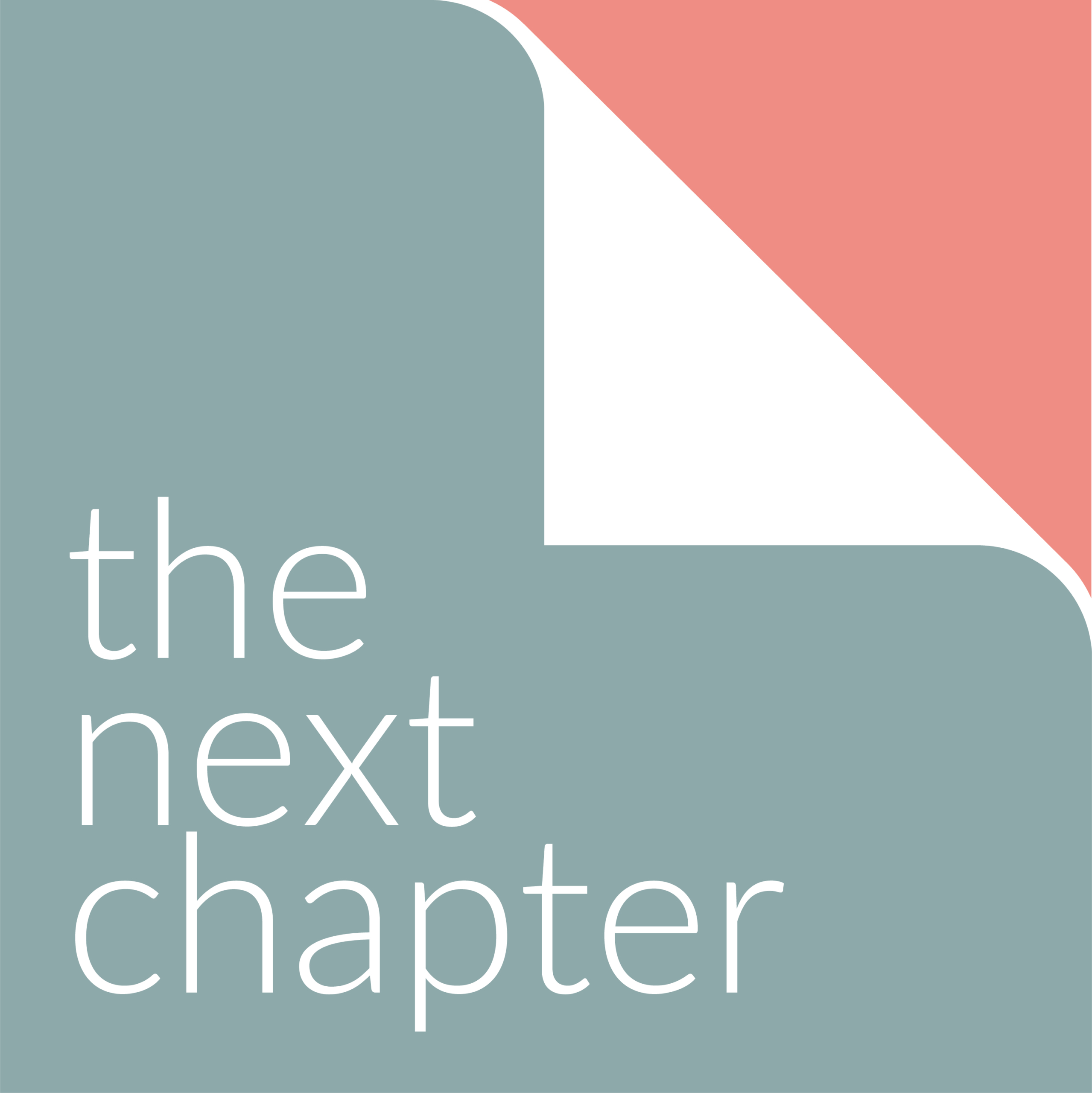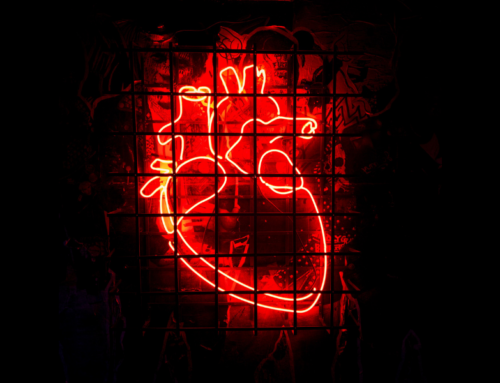Most of us have been round the cycle of making and breaking New Year Resolutions many times. We notice we have a habit we think is detrimental, holding us back or just plain ‘bad’. We feel frustrated, and we really want to change. The new year feels like the time to take it in hand: out with the old, in with the new.
Maybe you are filled with enthusiasm, or maybe with grim determination. Either way, you begin.
You may begin very well.
After a while, inevitably, a day will be missed here and there, all for valid reasons. No matter. Then a few more days where it slips – perhaps you forget, you can’t face it, you just need to get through this week. Your enthusiasm ebbs. You give yourself pep talks. The new way seems to make you feel more miserable than the old way. You let yourself off the hook. It preys on your mind. You talk and think about it more, and act on it less. It is not working. You go back to the old way, and perhaps start to draw gloomy conclusions about your character and your future.
New Year… Old You
The problem underneath the idea of ‘New Year New You’ resolutions is it strongly suggests Old You is not good enough. Old You doesn’t like to be told that – and who does, really?
Old You has actually been trying very hard, all this time, to keep safe and navigate through all life’s complexities and challenges. Thank you very much. Old You does not take kindly to being told they’re getting chucked in favour of New You. Old You is offended. And hurt. And worried: what if New You doesn’t know what they’re doing? If Old You decides all this change is a bad idea, they will use every trick in the book to stop it from happening. The book of tricks is actually what you’re trying to change, but if you start a fight with Old You, you’re less likely to get control of the book of tricks, and more likely to get clobbered by it instead.
Willpower versus your nervous system
The body’s nervous system works something like a volume dial: from a quiet start, turning it up one or two notches is fine (perhaps interesting, fun and exciting) but if you crank it up to 11, you “blow the speakers” and go into full panic or overwhelm.
As psychologist and therapist Nicole LePera explains, when you set about making big changes, you put your nervous system into high alert. If it was turned up quite high already, it doesn’t take much to push it into overwhelm. The body will then do everything to get back to whatever is familiar – a survival mechanism that is much stronger than willpower.
The secret to making lasting changes is to keep your nervous system soothed and reassured throughout.
Resolve to make tiny changes instead
LePera advises making very small changes instead of major ones. These should be done one thing at a time, and starting with things that soothe the nervous system and enhance your awareness of where you’re at on the dial.
James Clear calls these Atomic Habits – tiny shifts and small undertakings that each feel manageable, perhaps even trivial. He has comprehensively demonstrated how these stack up into life-altering outcomes.
Dear Old You can tolerate atomic changes, and might even begin to enjoy the process of morphing and expanding. So, you don’t need to elbow Old You out the way – you can bring them along for the ride.
Find a guide that acknowledges your reality
Many New Year Resolutions flounder because they are based on social pressures and popular general advice, rather than something that you truly want or need. To state the obvious: different things work for different people. What is less obvious is it can take a long time, perhaps even a lifetime, to really know what works for you. But it can help to get advice that is tailored to you. The publishing industry is slowly publishing books from more diverse voices, and you are now more likely to be able to find a book that speaks to your particular mind, body or circumstances. If you would like a personal recommendation, please get in touch and we will do our best to find the right match.
Play to your strengths
Another resolution-killer is to spend more time bashing away at your difficulties rather than nurturing your strengths. If all your resolutions are to get better at things you’re bad at, you may burn up your willpower very quickly. Willpower is a battery that needs recharging – it’s not infinite.
Of course, if something is damaging your relationships or stopping you from functioning, then it needs some attention. But you just need to get it working – you don’t need to make it your life’s work. For example, as therapist KC Davis says, if you struggle to keep a clean and tidy house, you just need to find some solutions that allow you to get on with your life. You don’t need to turn yourself into the next Marie Kondo.
In another example, author and journalist Poorna Bell transformed her level of fitness and strength beyond what she ever imagined by focusing on achievement not restriction, and gravitating towards training methods she enjoyed, rather than forcing herself to do sports she didn’t like. In this way, she didn’t run out of willpower, because every time she used some, it was recharged by the pleasure and the results of the effort.
The real secret is: self-acceptance
Not feeling ‘good enough’ is an exhausting, debilitating state. It may be rooted in early childhood experiences. It may be a product of attainment-focused education, or grind culture. Wherever it comes from, it is a feeling most people will try to escape in any way they can, but it always turns up again. The only real peace comes from self-acceptance.
It might seem like a paradox, but self-acceptance doesn’t prevent change (quite the opposite, in fact). It provides stability and clarity, which in turn create ideal conditions for personal growth.
Our society has a narrow, rigid idea about what ‘growth’ means – it tends to be a straight line rising ever higher until it’s off the chart, regardless of the resources this takes or what might be at the end of that line. However, the actual possibilities for growth are much more diverse and interesting.
You are growing in your own way, never finished, and always good enough.
All book links take you to our pages on Bookshop – the platform for independent bookshops.
If you buy a book from these links, we get 30% of the sale, which we put towards providing low-cost counselling and other wellbeing services. So your book contributes to your wellbeing (we hope) and to others’ too.
Please email info@thenextchapter.org if you have any questions about the books or would like to get some personalised recommendations.







